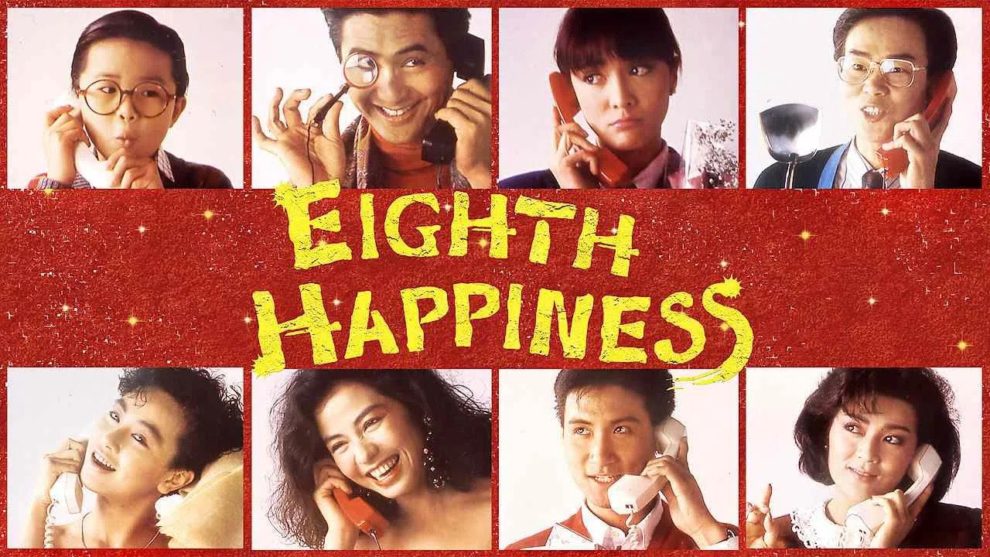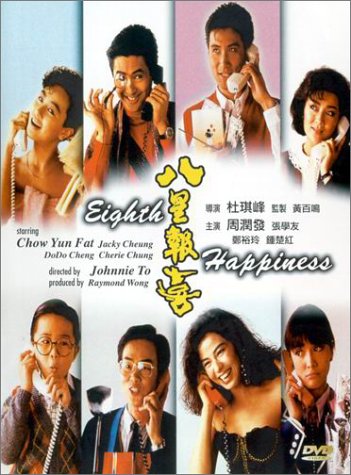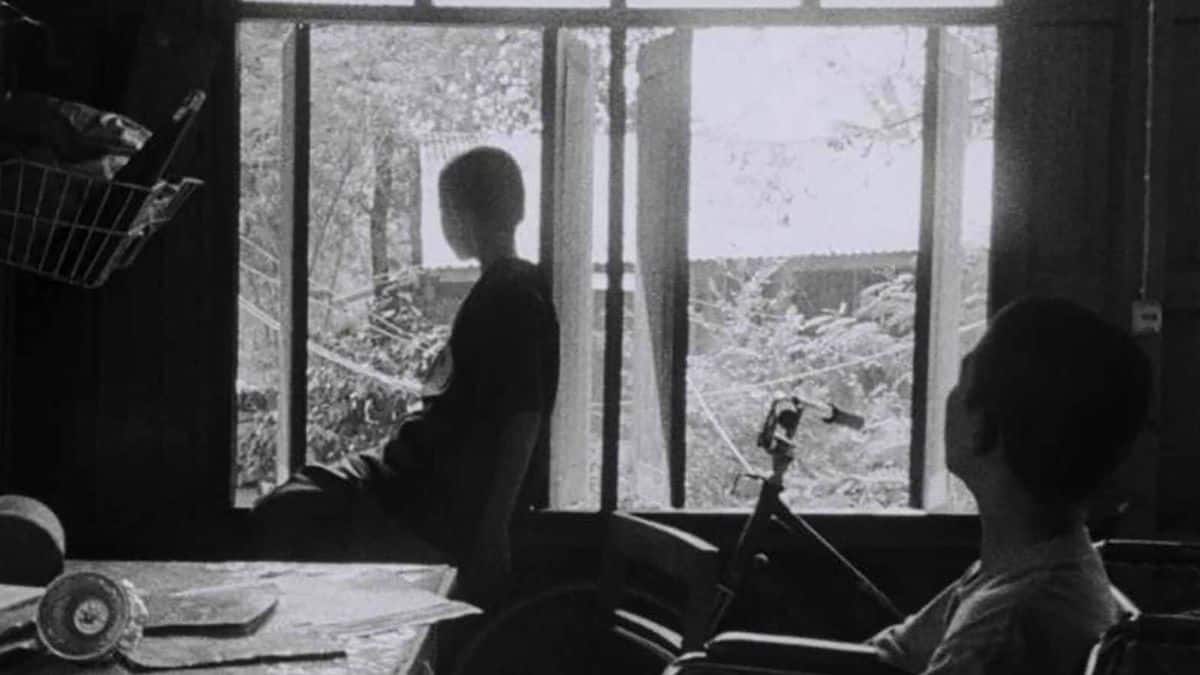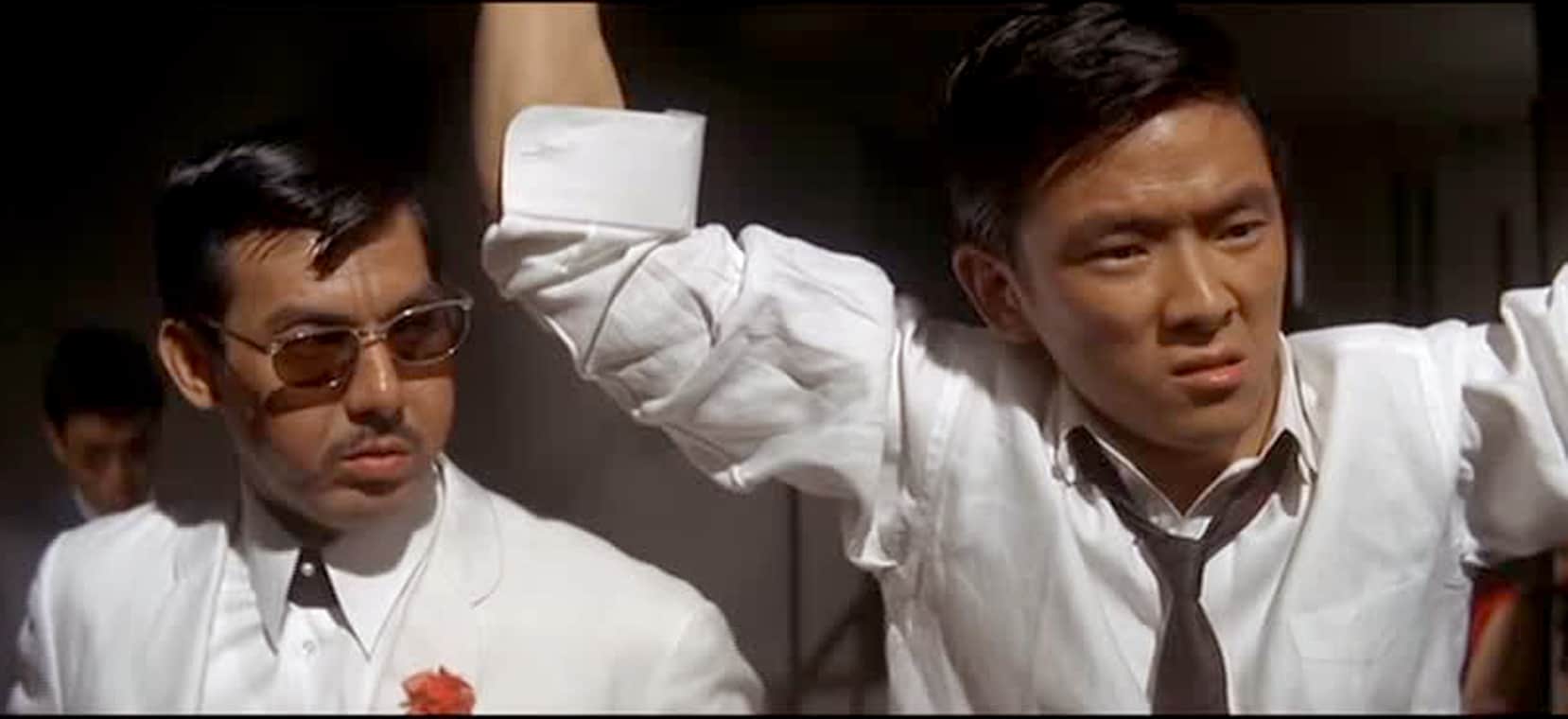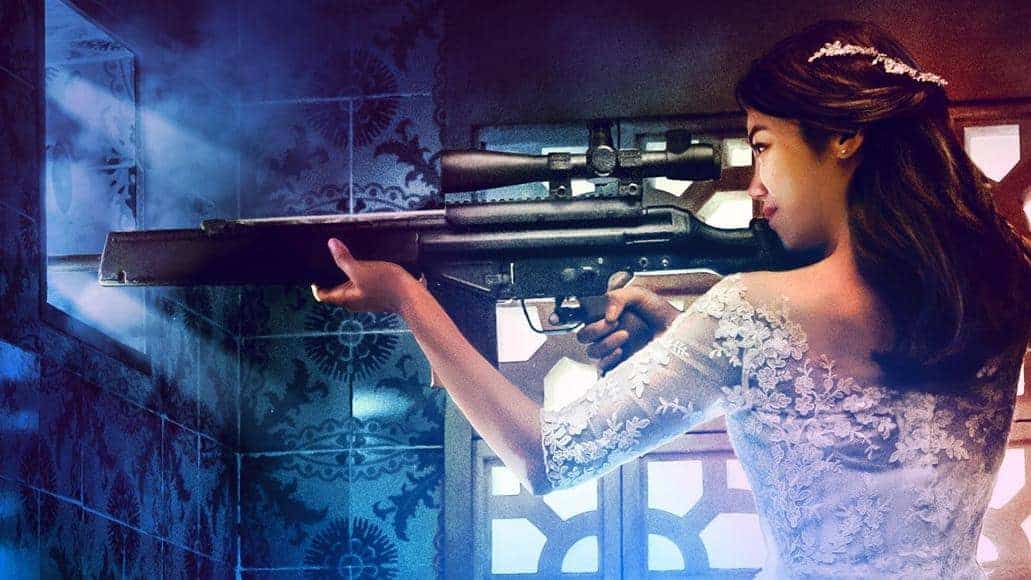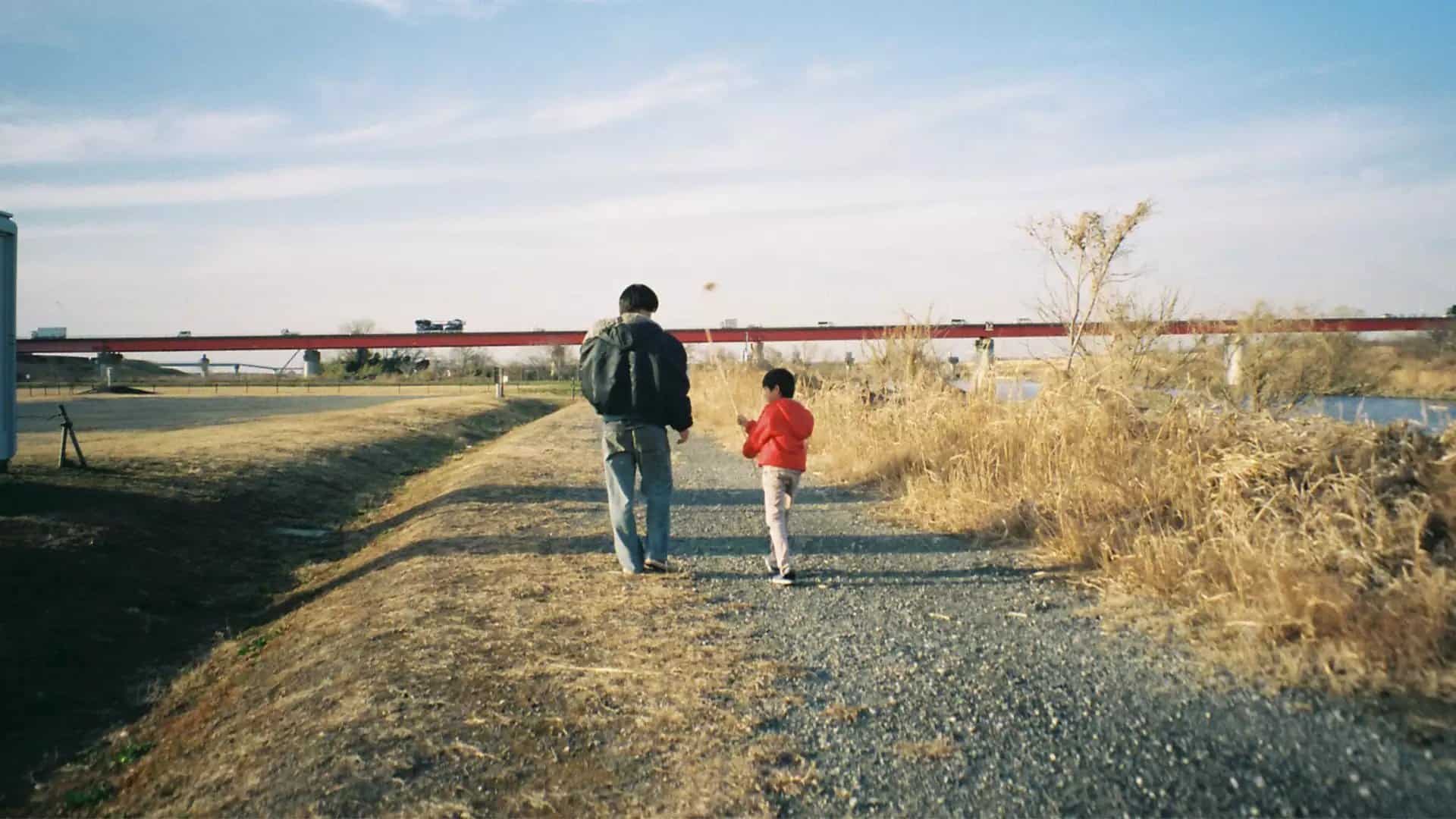The first blockbuster success for Johnnie To came in 1988 with “The Eighth Happiness”, an ensemble comedy that became the highest grossing film of the year in Hong Kong and, at the time, the highest grossing of all time.
In intense, New Year movie style, the labyrinth script does not make that much sense as a whole, essentially focusing on presenting as many different episodes as possible, in order to highlight the protagonists and entertain its audience through comedy and some sexual connotations. The basis however, is the life of three very different brothers. Fai is a TV host who is single, but also the boss of the house who always takes care of his brothers. Long is betrothed to an air hostess, Do-Do, but at the same time is a relentless womanizer who also tries to make it as an actor. Sung is a young cartoonist who is shy around the opposite sex. When their telephone system breaks down, their lives get entangled, sucking in a number of women, all of which seem to have prior relationships with other men. Beautiful is a department store clerk that falls for Long's shenanigans, despite her having a boyfriend whom she ditches quite quickly. Ying Ying attracts the interest of Sung, but is seeing a brute, with the three brothers eventually joining forces to get rid of him. Lastly, Fai shares a candy connection with Wu Hsiu-Fang, but has his eyes on another girl, who is, however, seeing another man.
The tragicomic situations follow one another in torrenting fashion, with David Wu's editing implementing a frantic pace in order to fit all of them in the 91 minutes of the duration, and the actors responding by presenting their characters with non-stop energy. Among the lot, the one who definitely steals the show is Chow Yun Fat as Long, depicting him with effeminate gusto and almost constant clowning, with the way his older brother tries to save him a number of times providing some of the funniest sequences in the film. His chemistry with Cherie Chung who plays Beautiful is also great, also resulting in a number of scenes where she seems to actually laugh regarding what is happening, and not exactly acting. Nevertheless, her presence is also the main medium of sensualism here, although even this element is coated in comedy, with the mother/bath scene being the apogee of this approach. Furthermore, the antithetical performance of Carol Cheng as Do Do also works well here, with her seriousness and more elegant beauty providing a contrast with Beautiful's. Lastly, the seriousness of Raymond Wong as Fei, which does break on a number of occasions, cements the funny antitheses in the movie.
At the same time, the overacting is also in aplomb, particularly from a number of secondary characters, while Johnnie To definitely loses his sense of measure after a point, with the story and the characters making even less sense than in the beginning, and the jokes becoming distasteful, to say the least.
Joe and Paul Chan's cinematography on the other hand is quite good, capturing all the different episodes with gusto and precision, even in the case of a number of scenes where the majority of the actors appear together, in stage play style, with the fight between Do-Do and Long being indicative. Lastly, the presentation of the Chinese opera sequences are quite impressive visually, highlighting the quality of the production.
“Eighth Happiness” has not aged well, and neither the individual scenes nor the narrative as a whole make sense anymore, if they ever did. At the same time, it is always fun to watch the particular actors on screen, with the presence of Chow Yun Fat and Cherie Chung ending up making the movie worthwhile, to a point at least.


